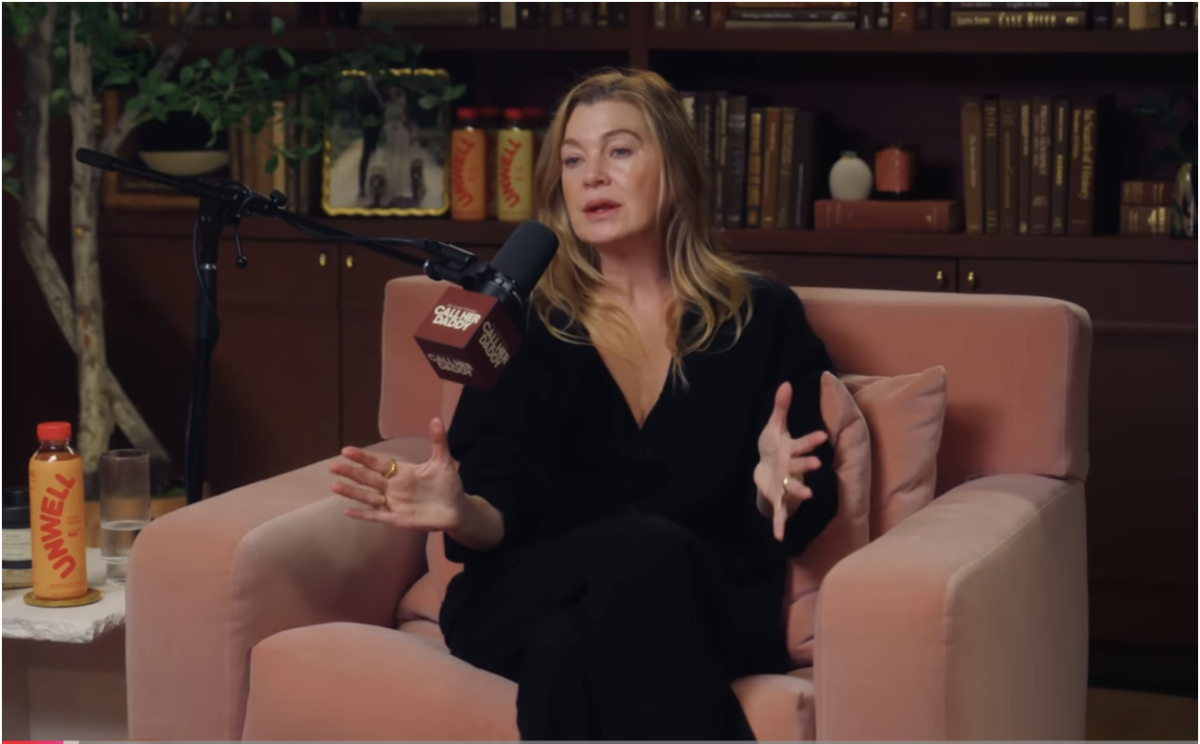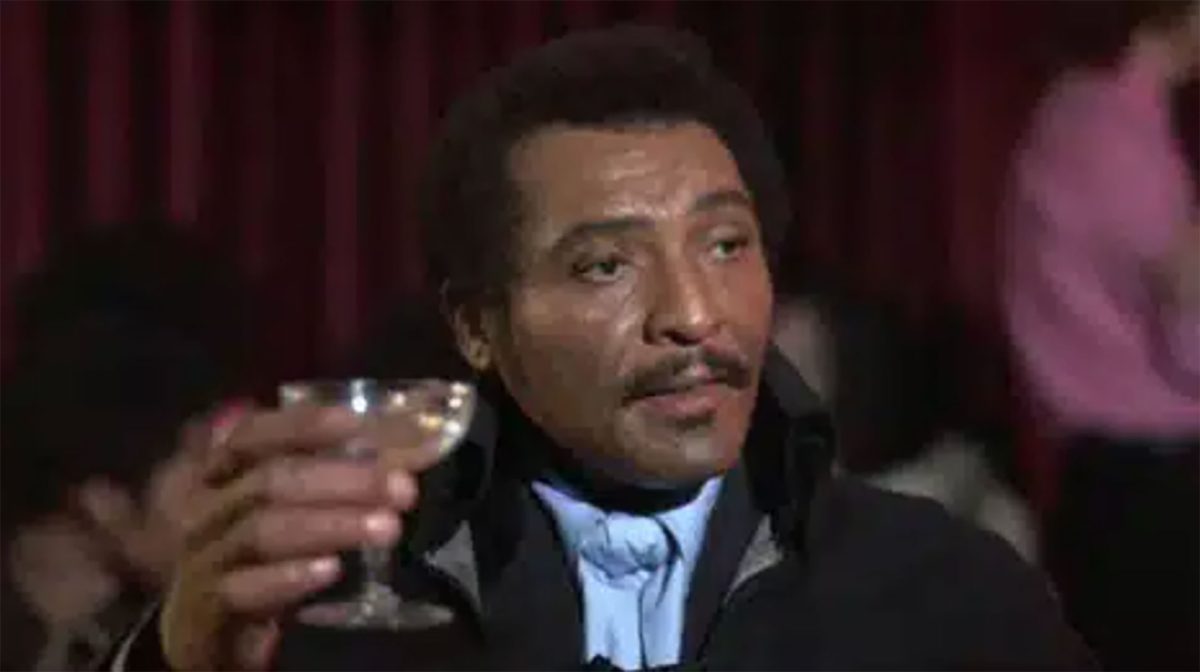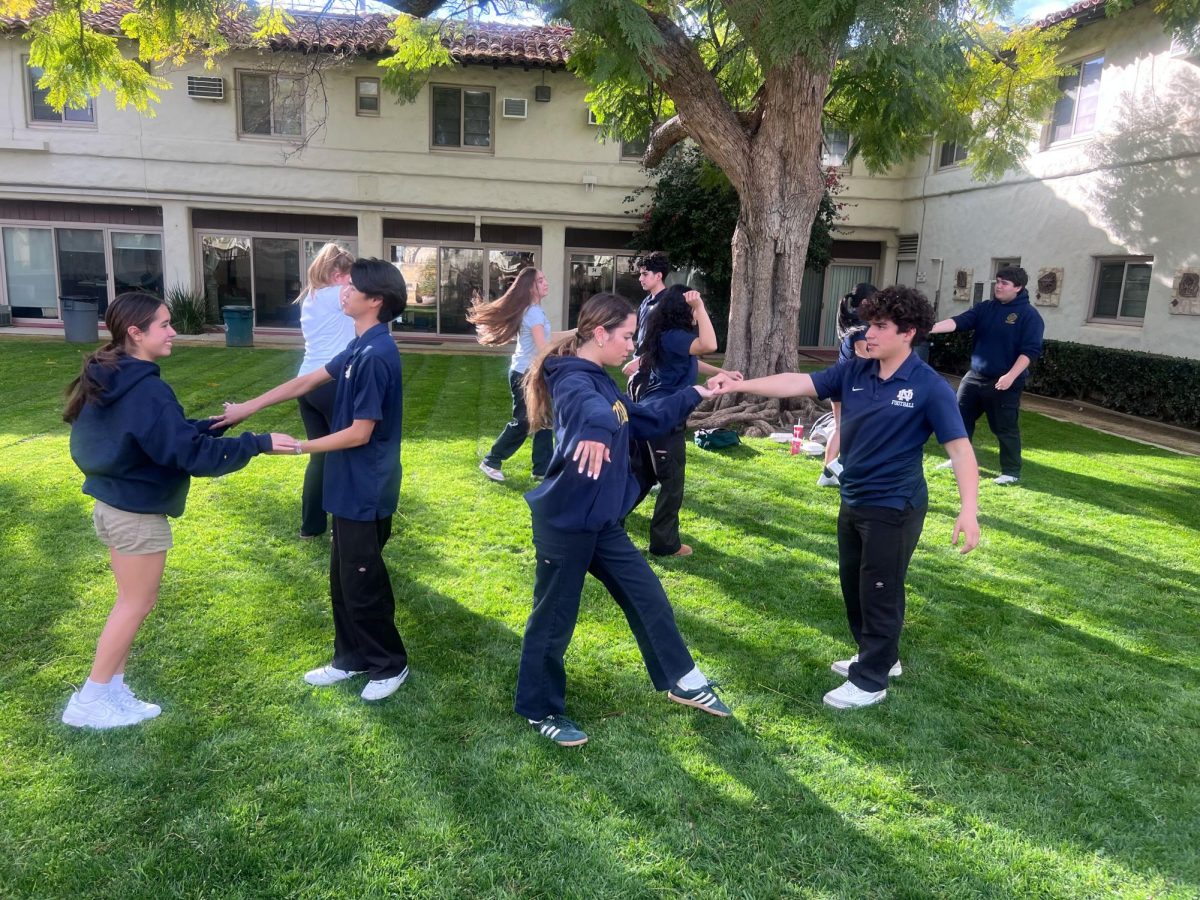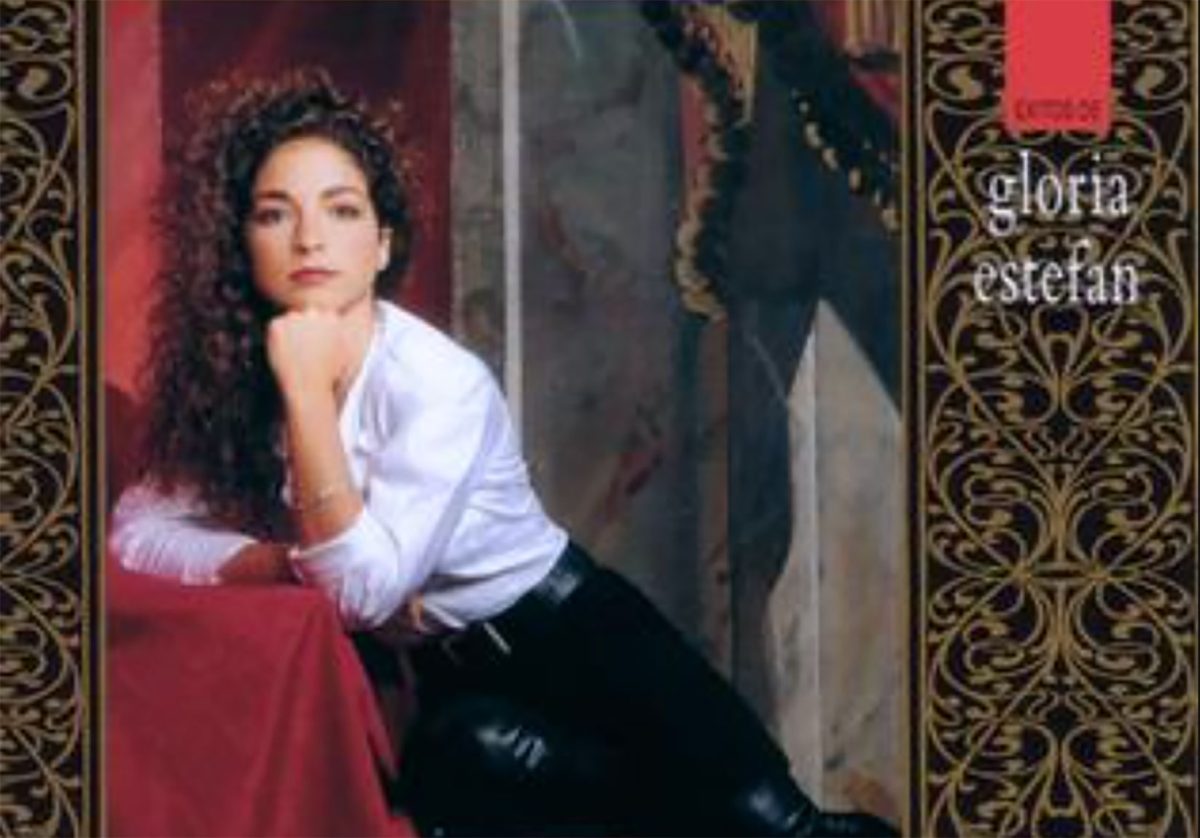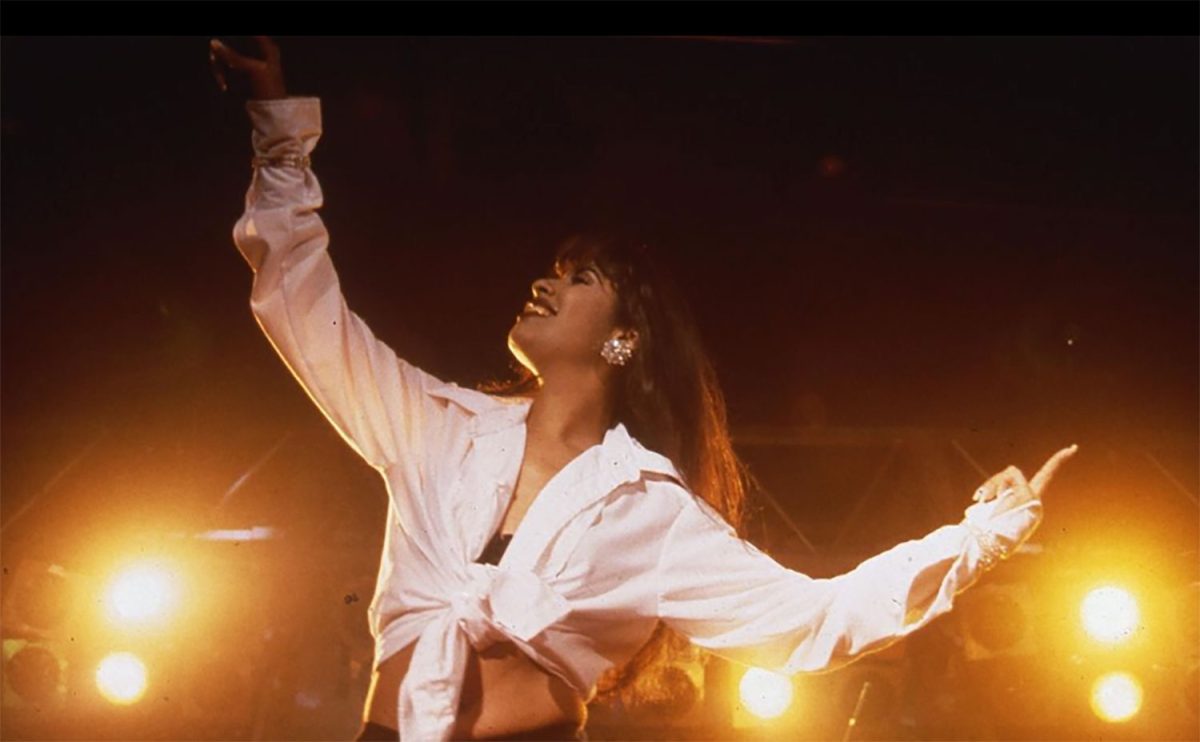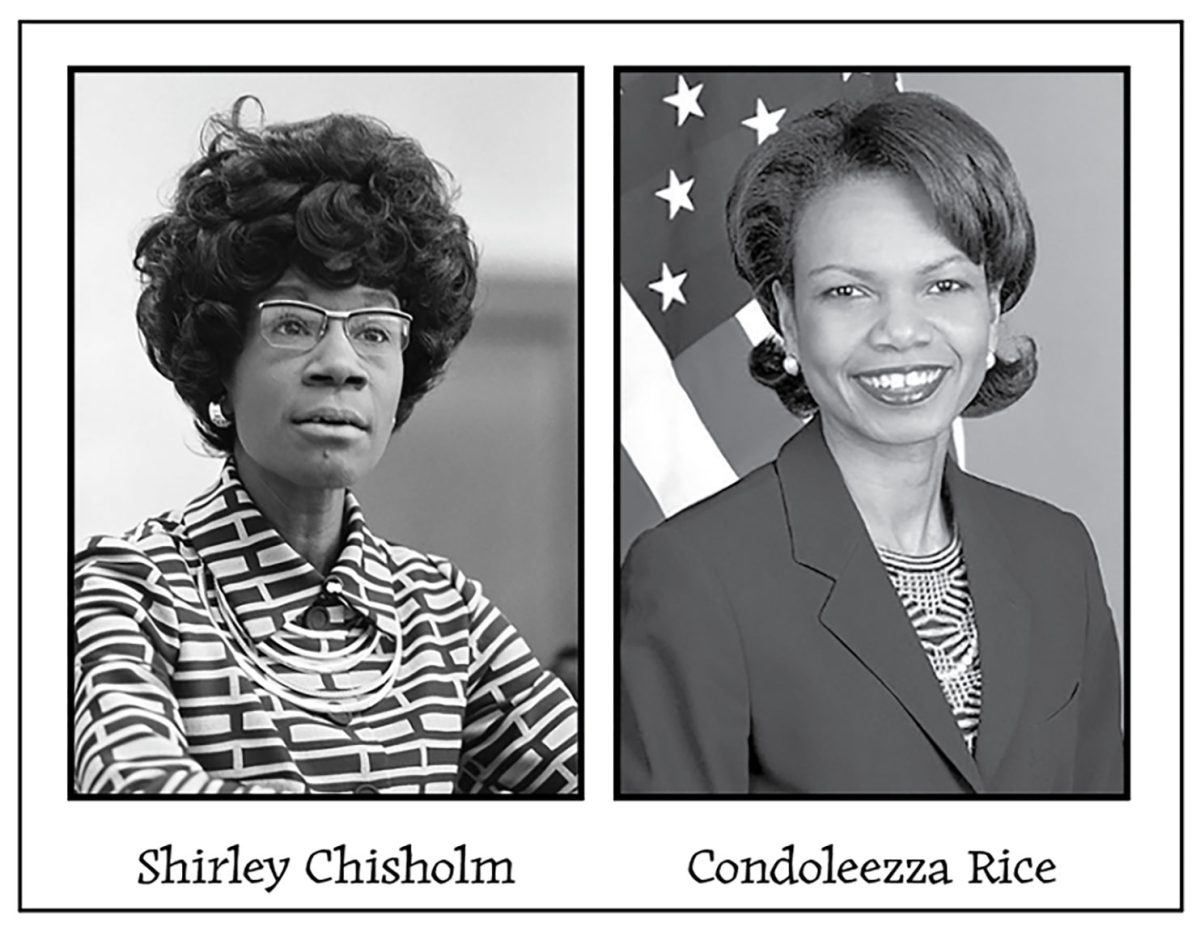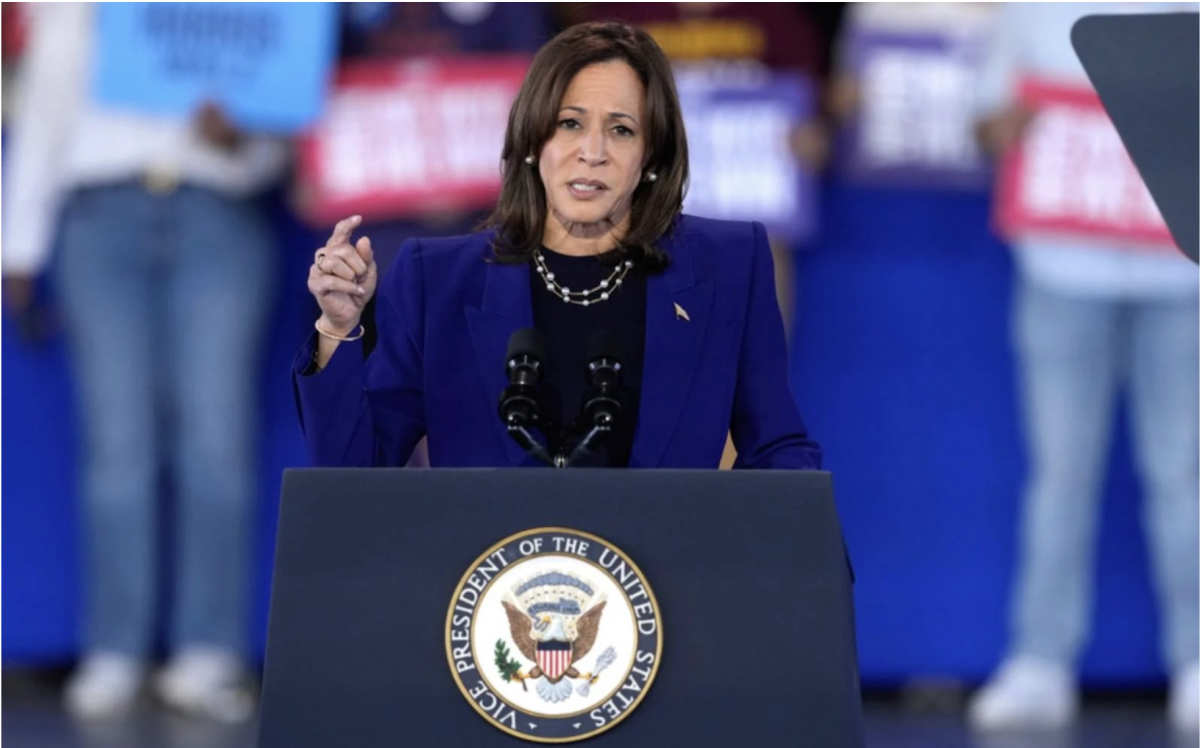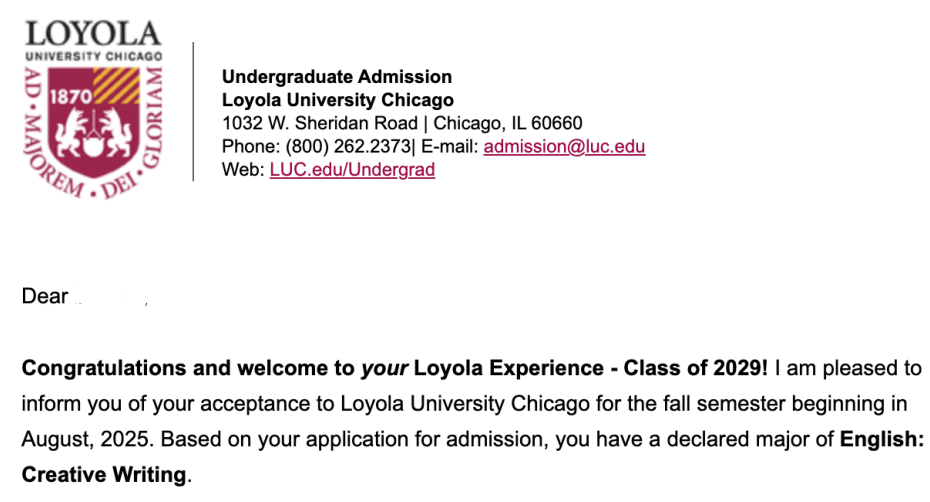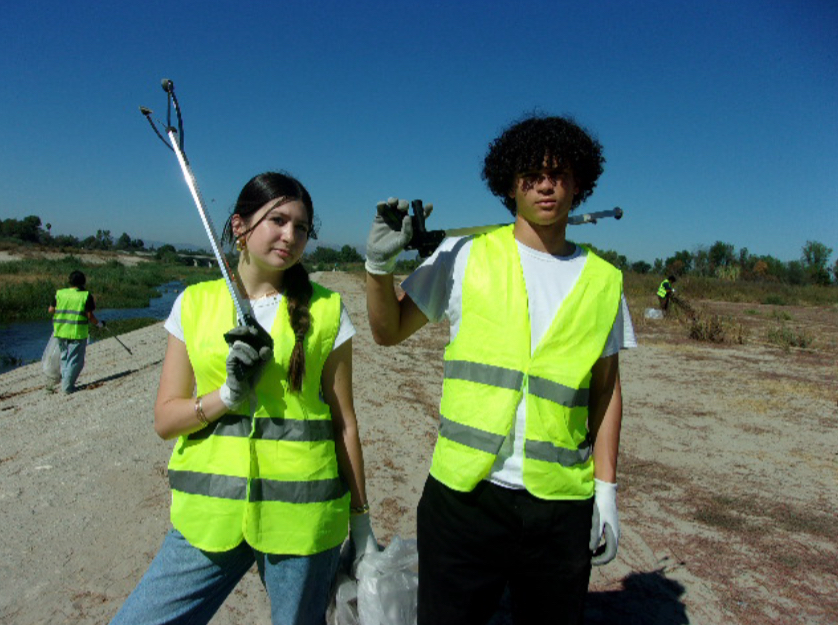The estimated gender pay gap in the entertainment industry has reached a shocking 25%, according to the University of Huddersfield — for every 1 dollar a man makes acting in a film, his female counterpart only makes 75 cents.
Not only do women make a significantly lower salary than men, but historically they’ve experienced hate and criticism during periods of success, while men have experienced praise and fame.
Actress Ellen Pompeo was interviewed on the rising tiktok-famous podcast “Call Her Daddy” in March of 2025, where she shared the harsh realities of being a successful female actress. For instance, in 2017 Pompeo finalized a deal that earned her a 20 million dollar salary, but when talking with her manager, Pompeo was warned that not everyone would be supportive of her accomplishment.
During the interview Pompeo recalled her manager saying something along the lines of, “prepare to be unpopular,” which took her by surprise.
In Pompeo’s mind, it made no sense that people would be upset over her success when the world has given nothing but praise to men for making groundbreaking salaries. A relative example of this would be Shohei Ohtani’s 700 million dollar contract to play for the Dodgers in 2023, which received a truckload of positive media.
Even though the two professionals work in completely different fields, the response to a man’s success in his respective field should not be so different from the response a woman’s success gets in hers.
Whilst discussing the idea that Ellen would receive negative feedback for the publicity of her salary, Call Her Daddy’s host Alex Cooper stated, “Men just do not experience this level of scrutiny when it comes to money.” To which Ellen responded, “It‘s patriarchy, and it’s misogyny.” Further saying, “sports players too, sports players are celebrated for their contracts, crazy contracts.”
So now the real question is, what can be done to shrink the pay gap and ensure that women are as celebrated as men for their success in the industry? Women all over the country, including Ellen Pompeo herself, have spoken on the issue and are encouraging salary negotiations, as that is the best way to advocate for fair pay as an actress.
With that being said, salary negotiations don’t necessarily work for newer and less well known actresses. This means that well known seasoned actresses have a duty to continue to fight for women’s rights throughout their careers.
An actress just starting out in the industry will not be paid as much as a man starting his, and most casting directors won’t negotiate with upcoming actresses; they’d rather find another actress who’d play the role for less. This leaves the responsibility to fight for these new actresses in the hands of actresses with a voice that people will listen to.
Actresses like Jennifer Lawrence, Meryl Streep, Reese Witherspoon, and Emma Stone have spoken out publicly about their goals of fair pay. Some inspiring male actors have too: Benedict Cumberbatch, for example, in an interview with Radio Times in 2018 powerfully stated, “Look at your quotas. Ask what women are being paid, and say: ‘If she’s not paid the same as the men, I’m not doing it.”
As a high school student, you might feel that there is nothing you can do regarding this situation, but when two Notre Dame students who were previously unaware of the shocking pay gap were asked for their thoughts on what high school students can do to help empower the voices of actresses and women in general in the entertainment industry, as well as what changes they would like to see for the women of the future, they came up with a few meaningful suggestions.
Freshman Willa Dworkin, when asked to speak on the subject, said, “One important thing that we can do is actively support media that features diverse and strong female characters. I would also like to see a future where women in the entertainment industry are valued for their talent and contributions, not just their appearance.”
Women are constantly overlooked when it comes to auditions due to their appearance rather than fully considered for their capabilities.
Ainsley Jenkins ‘29 added, “We can attend school or local theatre productions featuring female leads and show our appreciation. I would also like to see equal opportunities for women including closing the gender pay gap.”
Whether it is talked about enough or not, women deserve to be paid equally to men, so why not start with one of the most financially stable industries in the world? The world can’t change if the people in it don’t know what needs changing.

